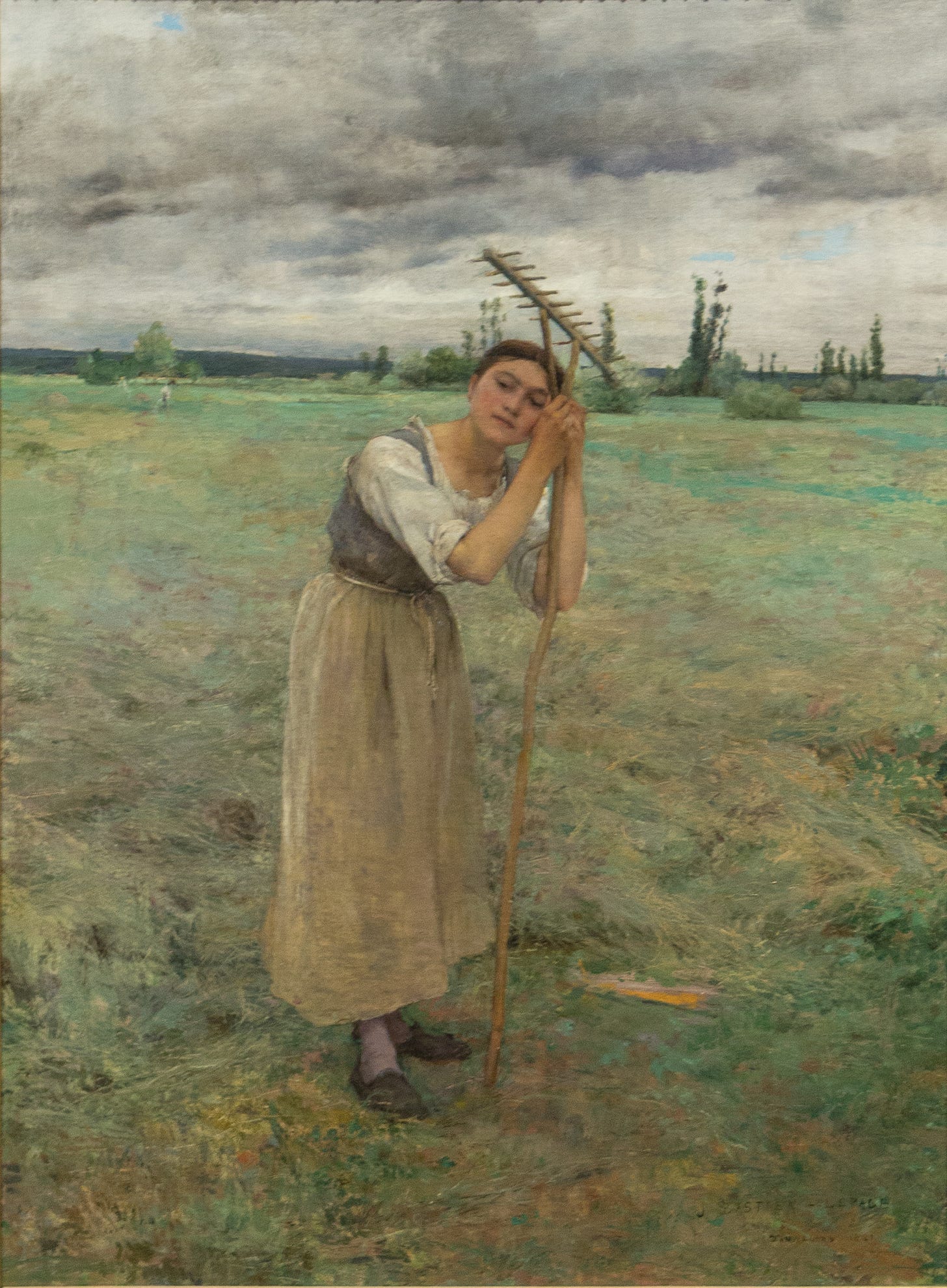In nursing school, I learned the art and science of the physical exam - how to move methodically through a head-to-toe assessment, listen and look for clinical meaning behind a patient’s words, and chart it all using the SOAP format:
Subjective — what the patient says.
Objective — what we can see, measure, verify.
Assessment — our interpretation of what it might mean.
Plan — what we'll do about it.
We were trained to distinguish signs from symptoms. A symptom might be "I'm tired all the time." A sign might be pallor, or low hemoglobin. One is internal and subjective, the other observable and measurable, but both are real, and both are necessary clues to understand what's really going on.
Nursing school taught me to think like a clinician, yes, but also like a detective. Like a pattern-seeker. Like a storyteller. It was a rich and immersive way to peer into another human’s life. Deeply intimate.
After I left bedside nursing to become a lawyer, I applied this training to my children, my family, my friends. My husband, a physician, and I made sport of clinical assessment, turning our trained eyes on passersby, spotting telltale signs we'd learned to recognize professionally.
I knew how to assess everyone's signs and symptoms, except my own. For years leading up to my diagnosis, my body was leaving clues that I refused to examine. If I had written a SOAP note on myself, here's what it would have looked like:
Subjective: "Patient is fine, normal signs of aging. Not as fit as she should be. Weak core muscles. Inadequate sleep." I told myself these stories for years, even as colds became bronchitis resistant to antibiotics. Even as I was secretly seeing chiropractors, acupuncturists and getting regular massages to cope with the pain.
I said nothing at work—didn't want to acknowledge it, let alone let others see it. It was my weakness, my fault. When things really started falling apart, my internal dialogue became more desperate: "I need to stay strong. I can power through this."
Objective: The evidence was mounting. A fall that left me with a compressed spinal cord and foot drop–a medical emergency–I brushed off for months. I minimized pain in my neck, back, and ribs even while getting regular treatment for it. I was prescribed stimulant medication for ADHD because I had a hard time focusing and managing my time. I used it to mask debilitating fatigue. A rare gut infection–shigella–hospitalized me (though I kept that quiet too). By the time the SARS COVID pandemic descended, I was sleeping through entire weekends. My world was shrinking. I had lost my job and my identity.
Assessment: Looking back, the pattern was devastatingly clear. My body had been asking for my attention for over a decade, and I systematically ignored every request. By the time I saw the diagnostic scans, the damage was extensive: “innumerable lytic lesions in the calvarum, ribs, sternum, spine, humerus, pelvis.” Holes everywhere. "Innumerable." The word felt surreal, nauseating. Not me. Not my body. No way.
Plan: What I needed—and what I wish I'd had the courage to do—was to pay attention. To take my signs and symptoms seriously. To consider my own body with the same clinical curiosity I brought to my patients, my loved ones. To ask: What is she trying to tell me? My regret is potent. This story is difficult to write.
But I wasn't alone in my inattentiveness. Many of us living with chronic illness and pain mask our experiences as we struggle to maintain our identities, keep our jobs, and avoid drawing negative attention. We learn to be unreliable interpreters of our own stories.
But here's what I’ve learned: the SOAP framework works for life beyond the bedside. It’s an excellent tool to examine ourselves. Symptoms: a cough that won’t quit, mounting fatigue, burnout. Signs: something is off in a relationship, the tremor of grief. Or joy. Or change.
Some signs whisper instead of shout. Sometimes the symptom is a quiet ache, an inner knowing you try to dismiss. A door you keep walking past. A dream that won’t let go. A question you can’t stop asking.
What if we applied a clinician’s curiosity inward?
What if we charted our own lived experience with the same care and compassion?
Try this:
Write a SOAP note for yourself today.
Subjective — What are you feeling? What are you saying to others? To yourself?
Objective — What’s happening in your body, in your environment, in your energy?
Assessment — What’s the story behind the story? What’s trying to get your attention?
Plan — What kind of care do you need now?
What signs are surfacing in your life?
What symptoms are speaking the loudest?
Are you ready to listen?





So amazingly powerful, Elizabeth. Wow. “A door you keep walking past. A dream that won’t let go. A question you can’t stop asking.” We all have those. Thanks for urging us towards the courage we need to examine what can be so hard to face, and providing us a path for doing so. I so appreciate your wisdom and honor the pain you’ve lived through to share it with us.
This, this article is profound and brave. Thank you for being so vulnerable and candid. It's an article that could change and maybe save lives. I'm humbled to think that I became friends with you during such a difficult time, health-wise. I had no idea. You have always been so vibrant and present - a gift to all of us who know you. The SOAP model is such a terrific way to think about conversations with others and ourselves.